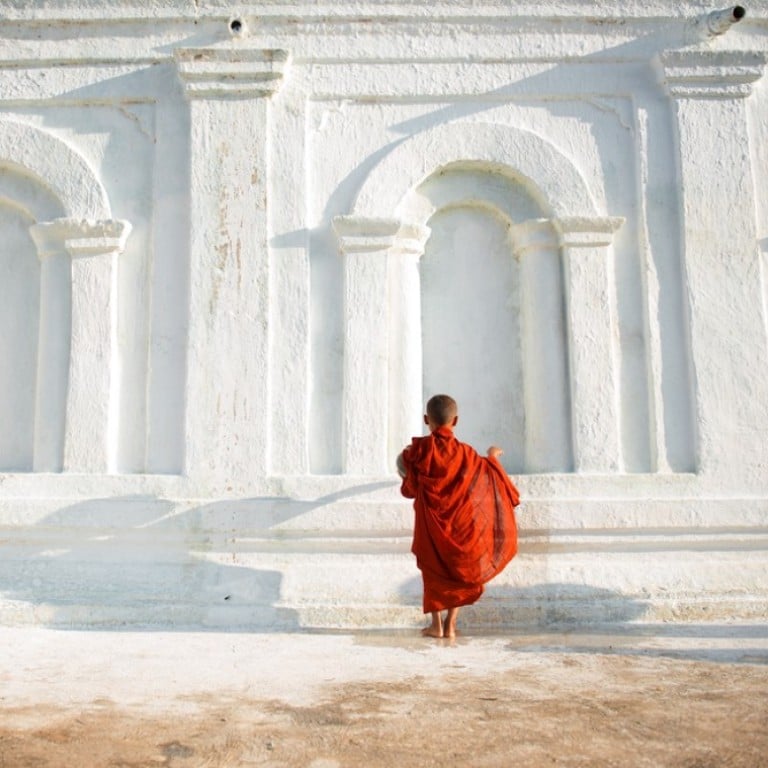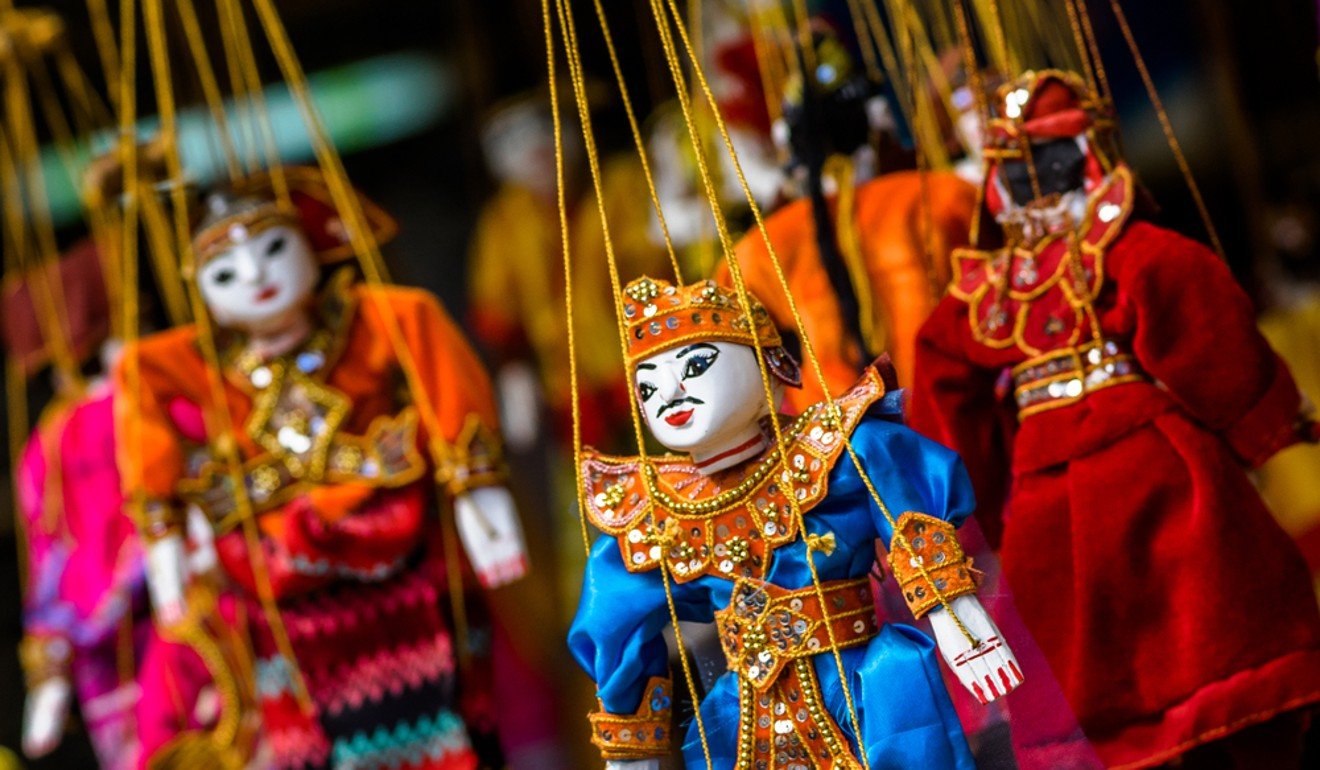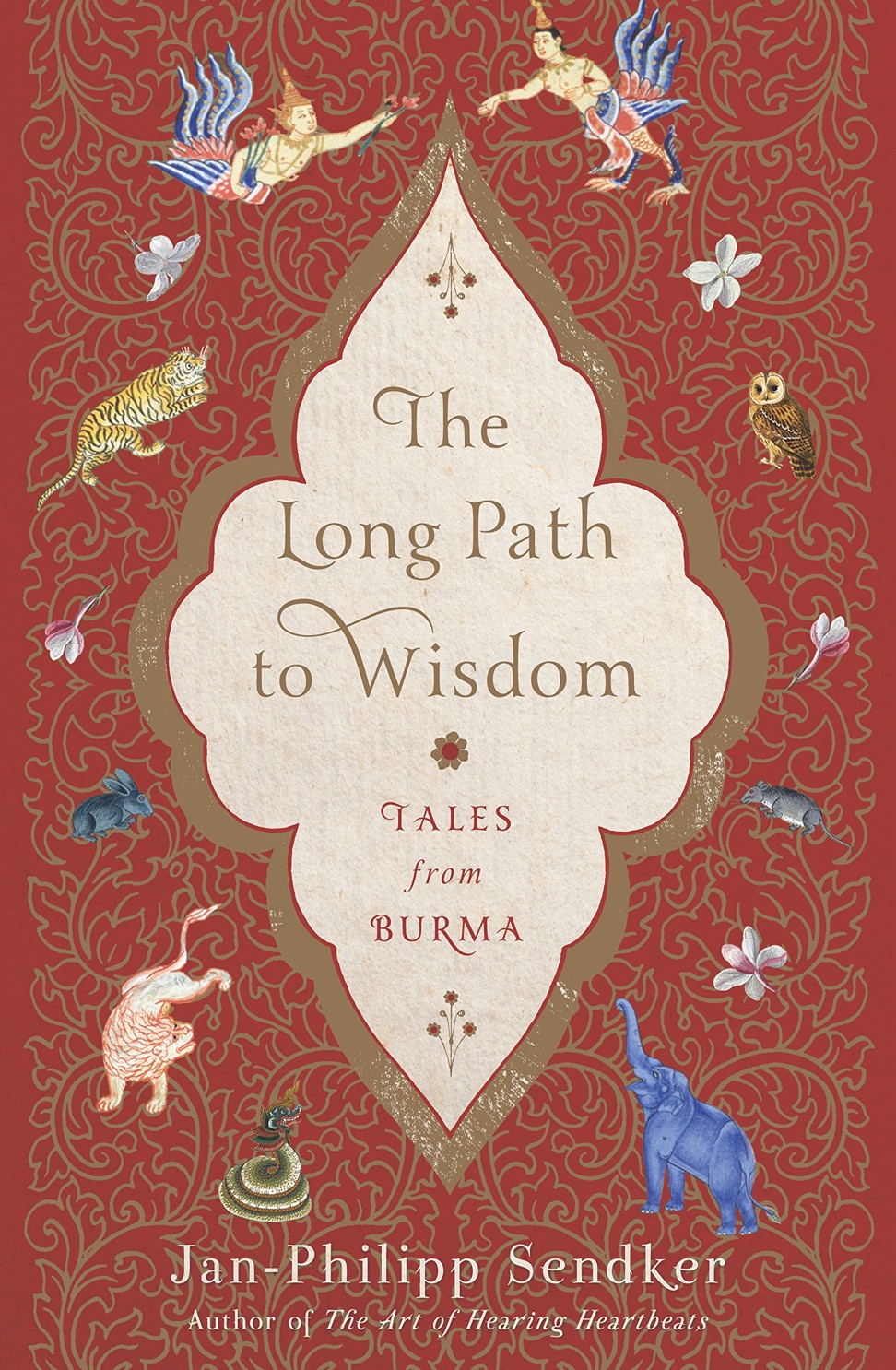
Burmese folk tales: short stories about love, faith, trust and the power of astrology in Myanmar
- Infused by Buddhist themes but ultimately about the human condition, the book’s 54 stories are engaging and enlightening
- The Long Path to Wisdom is the work of a German author who first visited the former British colony more than 20 years ago
The Long Path to Wisdom by Jan-Philipp Sendker, pub. Other Press. 4/5 stars
Myanmar, the former British colony previously known as Burma, emerged from decades of political upheaval in 2015 when democratic elections ended nearly 50 years of military rule.
First book on Thai cave rescues is out – and it’s a gripping read
At the helm of what appeared to be a nation state fully embracing Western-style democracy was former political prisoner Aung San Suu Kyi and her National League for Democracy. But hopes that a new era had arrived faded in 2016 as hundreds of thousands of Rohingya Muslims fled to neighbouring Bangladesh amid a wave of ethnic cleansing and systematic sexual violence.
Such political narratives make for great headlines, but they don’t help outsiders make much sense of an entire society’s culture and history. For starters, they fail to acknowledge the lives of regular people who don’t make the news. And they ignore the vital importance of the stories that almost every culture retells when attempting to justify their raison d’être, and when trying to establish a set of moral principles.
Folk tales generally tend to be more prevalent in societies not dominated by modern industrial capitalism. Jan-Philipp Sendker arrived at this conclusion when he visited Myanmar (he consistently calls the country Burma) in 1995, when it was still a third-world backwater crippled by economic sanctions.

As the German author and journalist explains in the preface to The Long Path to Wisdom: Tales From Burma, its people back then – and to some extent still – lived with one foot in the ancient world. Here, karma, astrology, superstition, the utilitarian greater good, theology, and a common belief in close, collective living dominate day-to-day life.
In his book, Sendker has compiled 54 folk tales from a wide range of sources. Buddhism and its themes of suffering, reincarnation, transformation, a predestined path and the power of selflessness over desire dominate most of the stories.
In How the People of Bagan Started to Lie, we see how one monk’s blatant dishonesty leads to an entire village embracing lying like an infectious disease. In The Just King , we see two sons of the king being violently executed in the name of justice, proving that nobody is above the law. And in the title story, The Long Path to Wisdom , we read about a young monk’s struggle to find the true path to enlightenment, without disrespecting the love and loyalty of his parents at the same time.
Yu Hua’s short stories portray disturbing realities of modern China
Good does not always prevail in these tales, something which, along with the book’s existential tone, may leave some readers feeling cold, disillusioned or alienated.
While most of the tales follow what might be called an Eastern tradition, they are also universal in how they focus on the main themes of the human condition: love, lust, faith, desire, greed, trust, betrayal and forgiveness.
These shared dreams, hallucinations, religious parables and moral fables are what the Swiss psychologist Carl Jung called common archetypes: that is, universal stories that permeate through the collective unconscious from generation to generation.
The Long Path to Wisdom is an engaging and philosophically enlightening collection of ancient folk tales, proving that for all of our so-called modern culture values, the heart of human thinking, and being, remains a primal activity. And also that, ultimately, we really are no more than the sum of the mythologies we live and die by.

